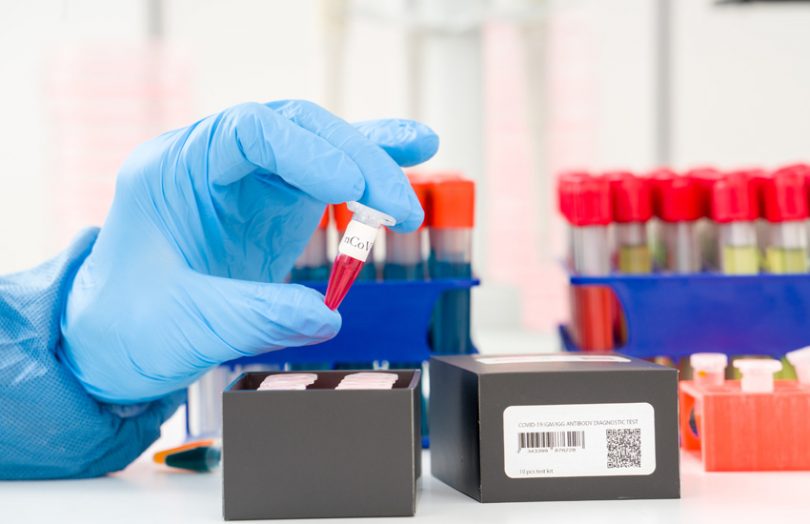The Austrian government recently awarded a €60,000 ($67,000) grant to a COVID-19 prevention research project utilizing the Ardor blockchain. Called QualiSig, the project was initiated by A-Trust and Danube University Krems with Ardor developer Jelurida as the consulting partner.
QualiSig is exploring blockchain for secure communication and data exchange between citizens, government agencies, and other authorities. The goal is to use digital signatures and blockchain to develop three prototypes under the QualiSig banner for testing, verification of testing personnel, and health data management, including test reports.
QualiSig received the funding as part of the Corona Emergency Call of the Austrian Research Promotion Agency.
Article continues …

Want the full story? Pro subscribers get complete articles, exclusive industry analysis, and early access to legislative updates that keep you ahead of the competition. Join the professionals who are choosing deeper insights over surface level news.






